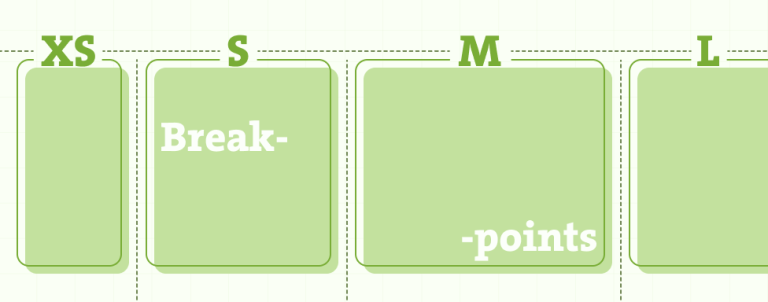Delivering a top notch web shop is never easy.
Factors such as requirements or desires (because, there is a difference!) accompanied with resources, experience and dedication make for the challenge of creation. Choosing the right partner now, thanks to Magento, comes with a new set of factors which should be looked after. All of them are connected with Magento’s new baby – Magento 2.
Since we’ve seen a lot of questions connected with the before mentioned factors (probably due to the fact that Magento officially published the date of Magento 2 release and we are talking about 15th of November now), we’ve decided to tone down the tension with telling you all about “what to expect when you’re expecting”.
Magento 2, officially, is an “open source eCommerce R&D project facilitating the improvement of Magento core products”. Roughly translated, it is a complete revamp of the old Magento and is expected to act that way – Magento 2 performance upgrades are expected to outperform Magento 1 by 20%.
But, what does that mean for an average (or not so average) merchant?
If you’re currently using one of the older versions of Magento, fear not! There are several options of upgrading to Magento 2 – you are more than welcome to tailor your own path. Good thing here is that if you decide to stick with the current version of Magento, you won’t be left alone. Magento will continue to support Magento 1 products for three years, so, until 2018. What will change is the fact that they will stop adding new features to Magento 1. There will be no new major development and, effectively, Magento 1 will go into maintenance.
Where does that leave you?
If you were hoping for a quick and easy upgrade, sorry to tell you this, but it’s not going to happen.
It’s a bit more complicated than that.
You should probably try and plan to upgrade to Magento 2 in 2016 or 2017 (at the very least). One of the reasons, as I mentioned, is the fact that there will be no new features for Magento 1 after November 15th, but also, the fact that there will tons of them for Magento 2. We all know that the power of Magento lies in its community – extension developers are already building for Magento 2 and companies are already training their developers for the new platform (at least to the maximum possible extension since not all of the trainings are released yet). To simplify, the community is getting ready for the new product which means its focus is shifted to the new and better.
Now getting back to the “It’s a bit more complicated than that.” part.
Why is that so?
Well, even though you will be able to migrate the core data (products, customers, orders, store configurations, promotions), themes will have to be totally refactored as the structure is different. And if you’re using any 3rd party extensions, you will need to get the new ones that are compatible with Magento 2. Upgrading won’t be easy but, as Alan Kent once said on Twitter, Magento 2 is worth waiting for.
Keep in mind that the transition depends on several different factors such as, for example, the size of your shop. If you’re a large merchant and you’re already facing some problems with your webshop, call in for the dibs on Magento 2. If you’re not, but you’re having challenges while doing online business, check the health of your site or upgrade to the newer version if necessary. Later migration will bring you maximum stability.
How will migrating to Magento 2 affect your business?
If you were wondering what will change once Magento 2 is out, we can tell you this already.
There will still be both versions of Magento. You don’t have to worry one of them will disappear – both the Community and the Enterprise version received feature updates. And it’s not only about performance, checkout or payment improvements, it’s about adapting to the community surrounding the Magento itself.
Magento Connect is being replaced with a real app store. It will revolve around sharing the extensions no matter the change, but Magento will make sure that there is a verification process for the extension developers. That means that there may be less extensions, but they will be reviewed and of higher quality. Merchants will be able to find the right extension sooner and be more confident it will not break their store.
If you’re not sure what the next best step would be, don’t hesitate to request a quote. Magento 2 may seem far away but any good project requests a lot of planning and a lot of work – having a top notch web shop ensures being a top notch businessman as well.



